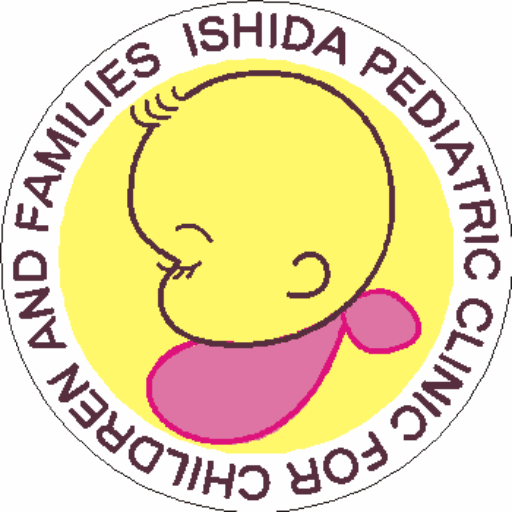About Allergy Treatment
🎨 GeneralAllergyCare
📝 To ensure accurate diagnosis, we begin by listening carefully.
• We assess whether current symptoms are related to allergies.
• If needed, we perform blood tests, skin tests, or pulmonary function tests.
For more information, please refer to the Akita Medical Broadcast:“Understanding Allergic Conditions Before Starting Nursery or School” (aired March 23, 2024, available until March 2026) [external link]
🔍 About Diagnosis
• A positive antibody test for foods such as eggs or milk, or allergens like dust mites or cedar pollen, does not automatically mean a diagnosis of egg allergy or dust mite allergy.
About Treatment
• Even in the same child, the affected organs and severity of symptoms may change with age.
For example, infants often present with eczema and food allergies, while older children may show symptoms such as coughing, nasal discharge, or eye irritation.
• Treatment includes three approaches: medication, allergen avoidance, and immunotherapy.
• Treatment includes three approaches: medication, allergen avoidance, and immunotherapy.
Home Management
• Proper home care is essential for effective allergy control.
• We provide guidance on skincare routines, how to use ointments appropriately, food elimination strategies, safe intake amounts, how to respond to symptoms, and precautions for group settings.We work together with families to improve each child’s condition.
We work together with families to improve each child’s condition.
🥚Food Allergy and Oral Food Challenge
🌿Sublingual Immunotherapy for Allergic Rhinitis (Dust Mites and Cedar Pollen)
🧼 Treatment for Atopic Dermatitis
😮💨About Bronchial Asthm
